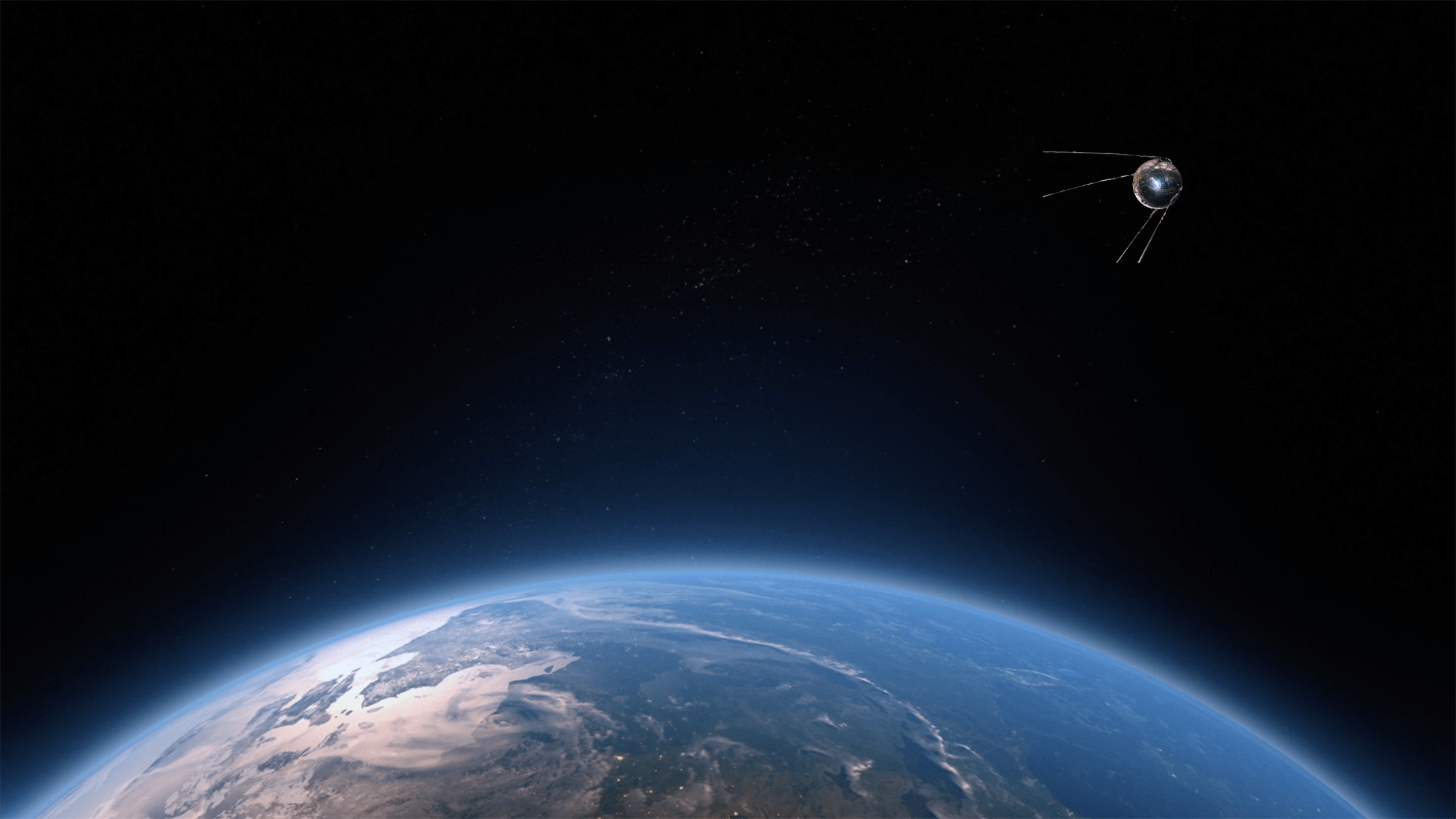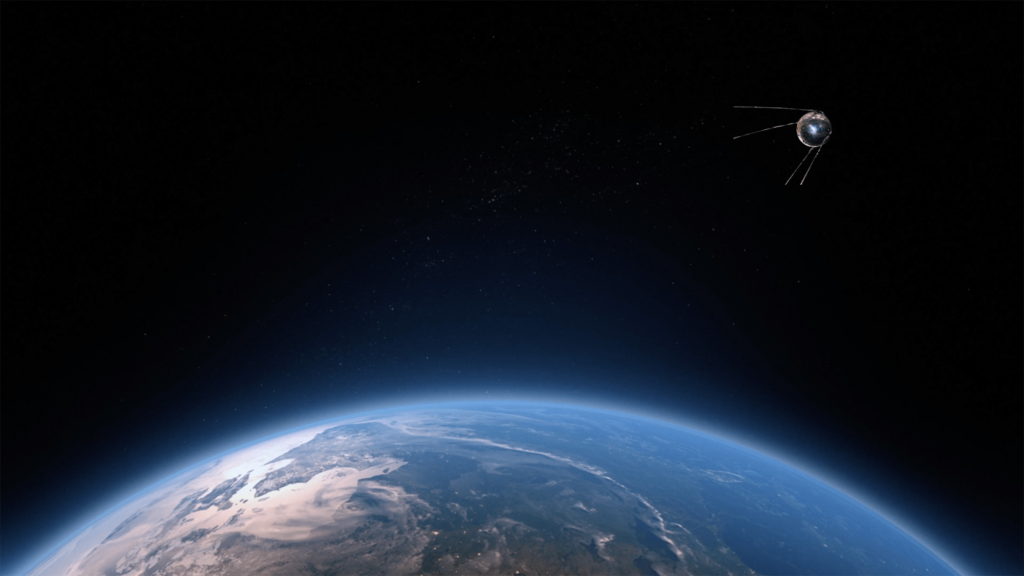
You might be aware that there are many stars in our universe that are billions of times larger than our sun and emit much more light. But have you ever wondered why space is black, despite the existence of so many massive stars? Why does space remain dark instead of being filled with light? If that question has crossed your mind and you haven’t found an answer, we’ll explain it to you today.

Before addressing why space is black, let’s first explain why the sky appears blue when viewed from Earth. Earth has its own atmosphere, which contains gases like oxygen, carbon dioxide, and hydrogen, as well as water and soil. This layer of gases is known as the atmosphere. When sunlight enters this atmosphere, it scatters, and the atmosphere predominantly absorbs and reflects the blue light from the sun’s rays. This phenomenon is called light scattering. As a result, the blue color spreads throughout Earth’s atmosphere. However, when viewed from the moon, the sky appears black because the moon doesn’t have an atmosphere. The color of the sky differs on other planets as well, depending on their individual atmospheres.
Space, on the other hand, lacks an atmosphere. There are no gases to scatter light, only harmful radiation and dust particles. Light from a star can only scatter when it enters an atmosphere, which then diffuses the light. Without an atmosphere in space, there is no scattering, which is why space is black.
Now, let’s explain another reason why space is black. Scientists suggest that our universe is expanding at a rate faster than the speed of light. In other words, the universe is expanding at a speed greater than 300,000 kilometers per second. This means that the light from distant stars takes longer to reach us. Let me illustrate this with an example: imagine you’re standing by the side of the road, and a vehicle is approaching you, making a loud noise. As the vehicle gets closer, the sound grows louder. But as the vehicle moves away from you, the sound becomes fainter, and eventually, when it’s far enough, you can’t hear it at all. Similarly, as the universe expands, the stars move farther away from us, meaning their light can only travel so far before it turns into infrared radiation, which our eyes cannot detect. As a result, we can’t see the light from those stars, and space remains dark. If the universe were not so vast, space would be filled with light.



